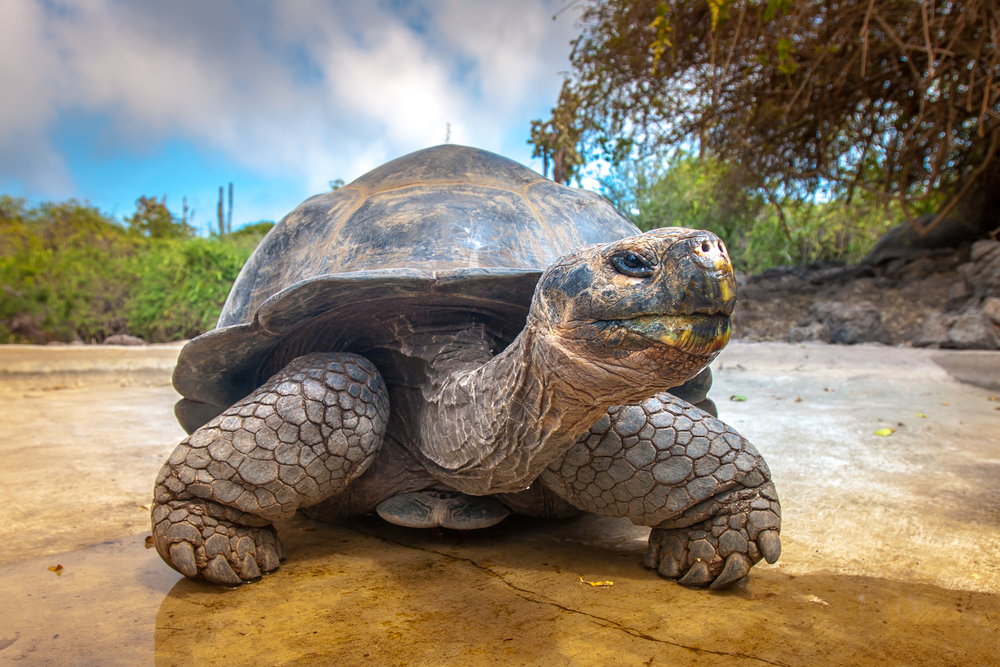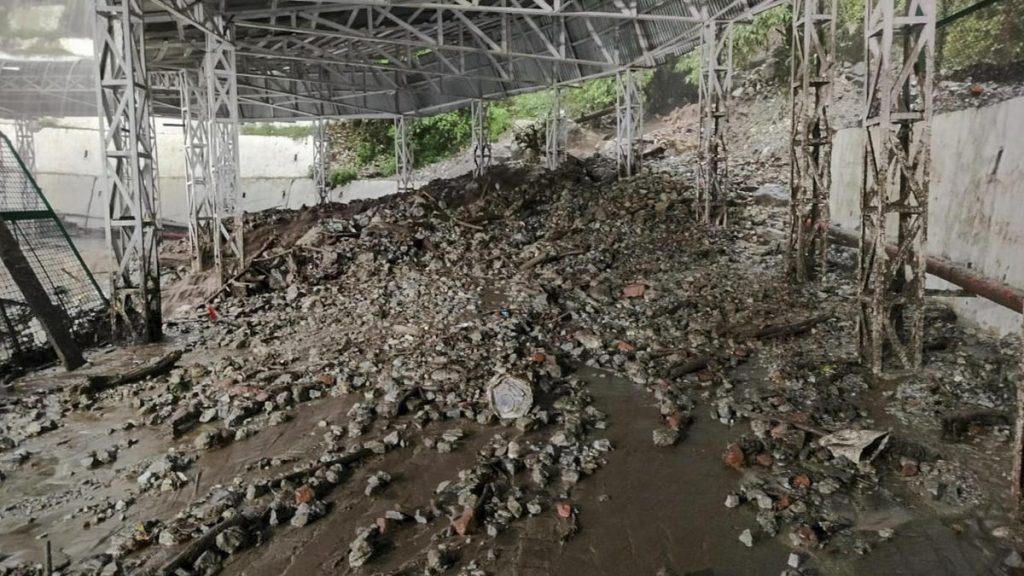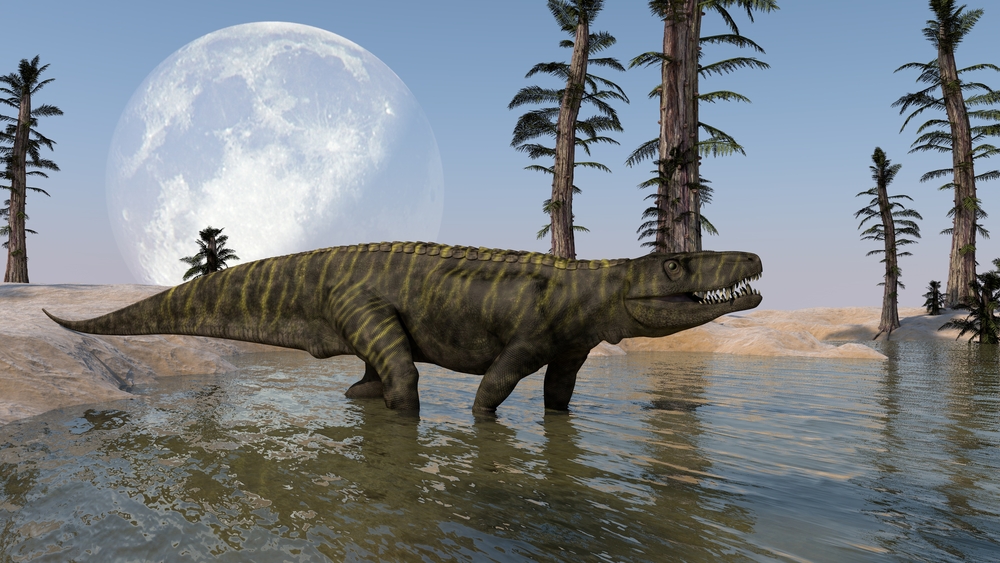Now Reading: Can Turtle Scales Unlock the Mystery of Dinosaur Skin?
-
01
Can Turtle Scales Unlock the Mystery of Dinosaur Skin?
Can Turtle Scales Unlock the Mystery of Dinosaur Skin?

Rapid Summary
- Turtles have existed as the Triassic Period over 200 million years ago.
- A new study published in iScience investigates the evolution of turtles’ scales and their link to dinosaur ancestors and living relatives like crocodiles and birds.
- While most vertebrates grow scales through genetic processes involving placodes,crocodiles rely on mechanical skin folding. Turtles are unique as they utilize both mechanisms: placodes on the side of their heads and mechanical skin folding for scales on the top.
- Observations using 3D light-sheet microscopy and computer modeling revealed irregular and asymmetrical patterns in turtle head scales due to mechanical folding differences between individuals, even within a single turtle’s anatomy.
- Research suggests this dual method existed in a shared ancestor of turtles,crocodiles,and birds-likely predating modern species and tracing back to dinosaurs.
- Insights from this study may pave the way for advancements in architecture, tissue regeneration, and material design by mimicking these natural processes.
Indian Opinion Analysis
The study’s findings hold significant implications beyond evolutionary sciences: they offer valuable insights into nature’s intricate biological systems that could inspire innovation across fields such as biomimetic design or regenerative medicine-a growing area of interest within India’s scientific community exploring sustainable technologies modeled after nature.
For India specifically,leveraging research like this could support ongoing initiatives aimed at developing environmentally adaptive solutions in materials engineering or healthcare technology-areas crucial for addressing challenges tied to global climate change or population-driven demands for medical breakthroughs. Additionally, deepening participation between Indian research institutions with global studies grounded in biodiversity may enhance collaborations benefiting both ecological conservation efforts within India’s rich habitats as well as broader foundational science inquiries worldwide.

























